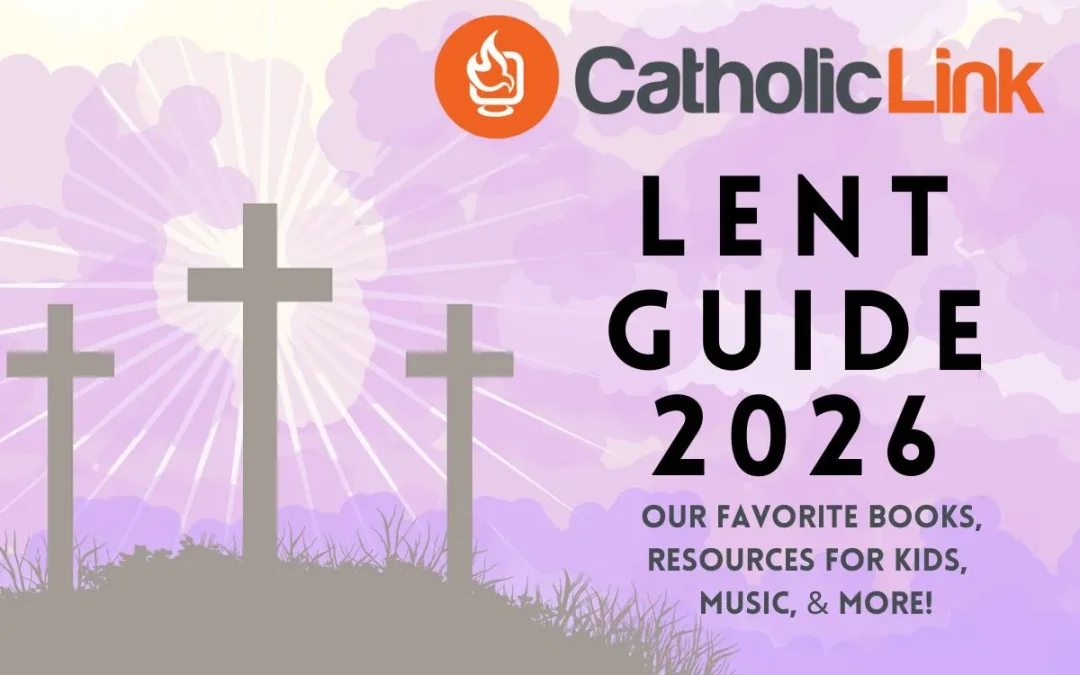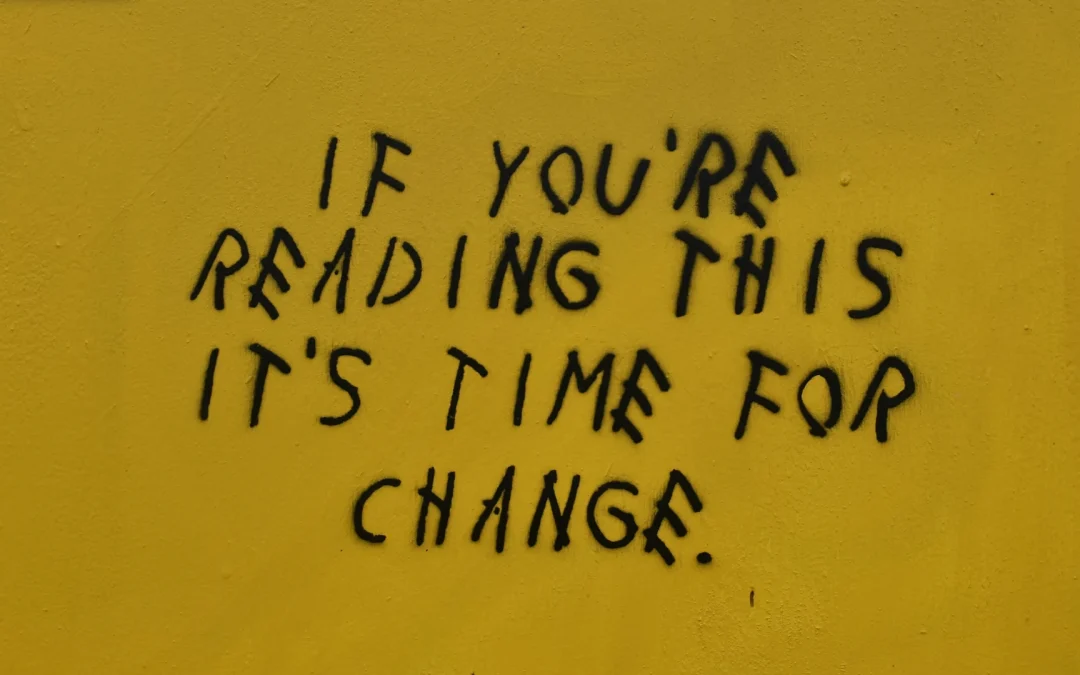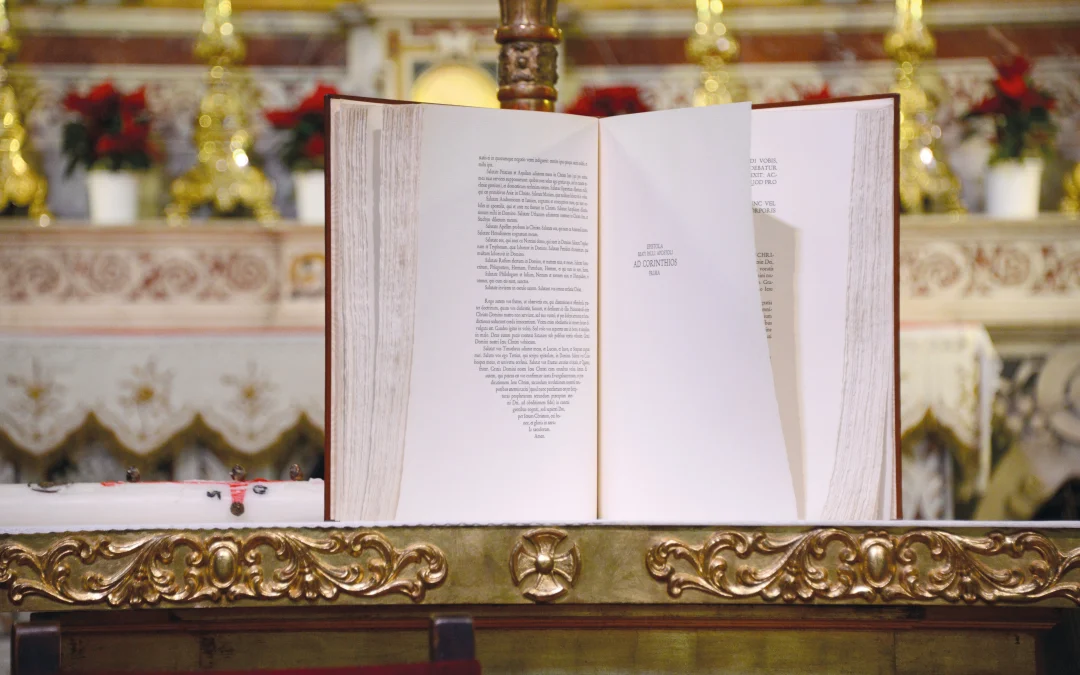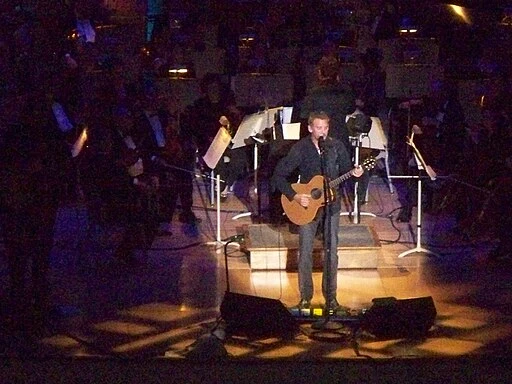From the time I started my adventure in homeschooling 15 years ago, I have wanted to collect some of the most inspiring words spoken by American leaders since our founding—eloquent and soaring words, rooted in the wisdom of the ages. The desire emerged from reading those great words of American history aloud with my daughter, contrasting them with the words we heard daily all around us, and realizing that something priceless had been lost.
The loss can be summed up in one sentence: We have lost our words. We no longer read the greatest spoken and written words of all time in the fields of history, literature, poetry, philosophy, and politics, and so we have lost the understanding of words that our ancestors lived by. More critically, however, we have lost what those words have represented.
So what can we do?
I made the choice to homeschool and to pursue a master’s degree at Stanford. During that time, my daughter’s kung fu teacher asked if I would be willing to teach an academic class for his kung fu students. I happily agreed and called the class “Language & Leadership.” Perhaps counterintuitively, I would simply read aloud with the children the books I was currently reading in my master’s program: Plato’s Republic, Virgil’s Aeneid, the Old and New Testament, and others, and we would look up and memorize all the vocabulary words the children did not yet know.
The students did not need to understand the depths of those literary works, which challenge even mature readers. We simply started with the words. For the foundation of all learning, all communication, and all thought, is words.
The decision to take this path led to a few life-changing insights. One was that children—in this class, ages 5–16—were able, if assisted, to read, to understand, and to love those great works. So were their parents, several of which started attending class with their children. In Finding Our Words, I offer several ideas for reading the speeches and other great works with children of all ages, and this brief summary can get you started:
Start Early
My first suggestion to teachers and parents, in brick-and-mortar or homeschools, is to start very early. I first read George Washington’s 1789 Inaugural Address to my daughter when she was five years old. We would read only one or two paragraphs per sitting, and I would paraphrase every one or two sentences. We would then discuss them until I knew she had a general understanding. I used to be amazed when meeting older toddlers who could speak two or three languages, which was not uncommon in places where I have lived. But no longer. I have seen it enough to know that if parents are talking frequently or all day to their children, those children are learning.
Secondly, start late…for parents and teachers, that is. For many of us who attended school after the 1940s, our education was sadly lacking. But we do not need to return to college. We simply need to think and contemplate—and be deliberate and diligent with our reading. Choose books wisely, as they become traveling companions. With our nation’s 250th anniversary approaching, it is the perfect time to get started with the speeches in Finding Our Words: Words That Made America.
Make Vocabulary Cards and Use a Dictionary
When we read extraordinary works, we encounter words which we might be able to understand in context but not define. To build our vocabulary—to find our words—we need not to dread the “hard” words but look forward with hope to acquainting ourselves with them.
Begin to Practice Elocution
When having children read aloud, encourage them to incorporate a manner of expression appropriate to the text. Encourage them to project their voices.
Take Your Time
For most of us, these speeches are too rich to consume in large portions. Enjoy the amount that is satisfying in one sitting, and come back for more later, and from now on.
Struggle
If you take your time and read in small doses, any struggle with fine words will never be a burden. It will be a joyful activity that fosters confidence, gratitude, and wisdom.
It is exhilarating to realize how much one can learn, how much can quietly change within one’s self and within one’s family, simply by reading great words, slowly, and making them one’s own.
Adapted Excerpt from Finding Our Words: Words That Made America
For more information visit: www.MountTitanoMedia.com
Photo by Jonathan Borba on Unsplash











